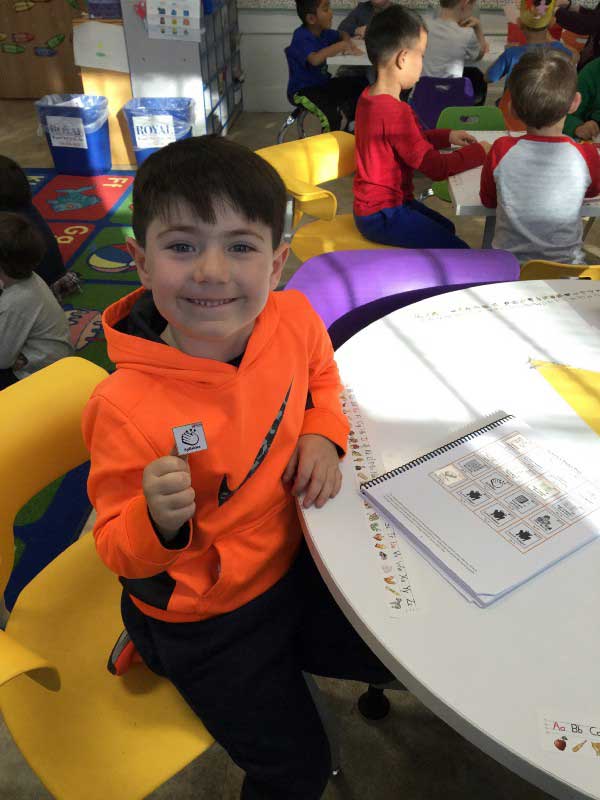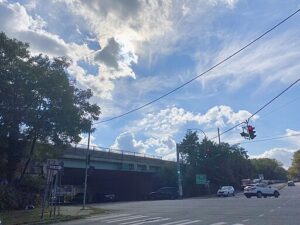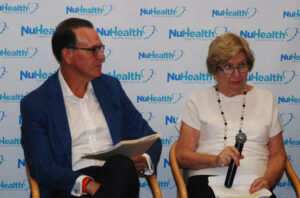By Annemarie LePard
Jennifer Levi’s dream had long to teach kindergarten, and 15 years ago she began to live out that dream when she started teaching at Hampton Street School.
But her dream was not all that she imagined it would be. “I went, ‘Wait a second, what are we doing here?’” Levi said. “We’re judging kids who aren’t ready to learn certain things, and then parents are feeling terrible about their kids and they’re really being hard on them when they’re not developmentally ready.”
Levi described the report card system as “outrageous,” and approached Superintendent Mike Nagler insisting change: “You need to throw this out.”
Coming from a reading specialist background and experience working with fourth-graders, Levi knew that “when kids don’t feel good about themselves, they are not going to want to pick up and do something that’s hard for them.”
The new assessment system would need to embrace the “growth mindset philosophy,” which is the belief that students are in control of their own ability to learn and improve.
“Kids don’t give up riding a bicycle. They keep trying,” Levi said, comparing this to the philosophy.
Now, teachers at Hampton Street and Meadow Drive Schools in Mineola are awarding student achievements and good behaviors with stickers instead of grades.

The Badge Book is in its third year of providing students, in years pre-k to first grade, with the power to become “owners of their learning,” Levi said. “They want to earn those stickers, and they feel really accomplished when they learn something. If they don’t learn something, they’re like, ‘What can I do to get the badge?’”
The creation of the Badge Book has changed the conversations between teachers and students.
“When I’m assessing them, rather than standing there and looking at me with this confused look on their face, they’ve learned to say, ‘Not yet,’” said Levi. “It’s like no big deal to them where they’re not feeling like they’re failing. They’re just feeling like they haven’t learned it yet.”
Students are also more motivated to learn.
“The other day I was checking in on their sight words, and so I said, ‘I’m leaving your sight words here. If you don’t know all 10 of sight words, what could you do to practice?’” Levi said. “And now they’re coming up to me and they’re saying, ‘Can I work on my sight words?’”
The Badge Book has given students the ability to understand the meaning behind what they are learning, the opposite of what a standard report card provides.
“All the kids know is to just look at the grade as they go down the columns [of a report card], but what does that really mean?” said Margarita Maravel, principal of Hampton Street School. “Well, here it explains exactly why perhaps you did this part of the criteria, but not that part of the criteria.”
The change to the assessment system benefits everyone: students, parents and teachers, Levi said. It switches from emphasizing the importance of grades and testing to celebrating the growth and achievements of students, as humans never stop learning.
“Even me as an adult, 50 years old, I’m still working to learn,” Levi said. “And that should be our mindset for everything: that you’re never done learning. There is always something more to be done.”









